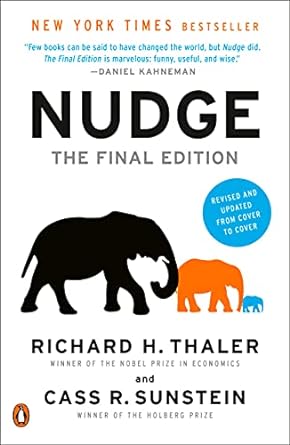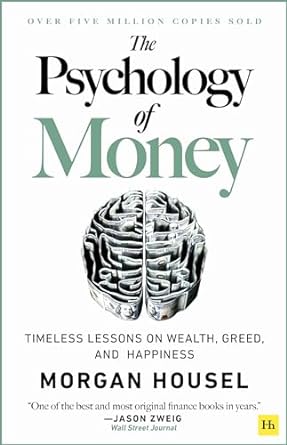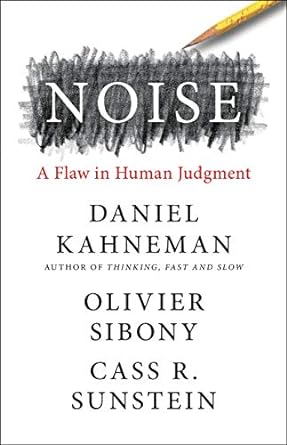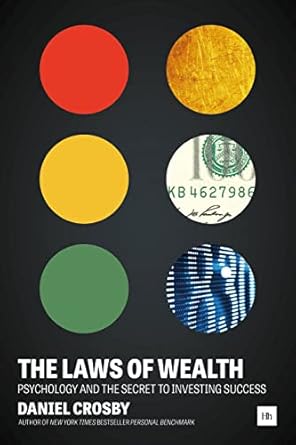Optimism Bias
The tendency of people to overestimate the likelihood of experiencing positive events relative to others, and underestimating the likelihood of experiencing negative events.
Key Insights & Principles
Decision Making
Insights:- Optimism bias leads to excessive risk taking.
- Projects are regularly subject to optimism bias.
- Across all societies and groups people tend to believe that they are a better judge of things than others.
- Take some (calculated) risks, but never enough to wipe you out.
- Apply percentage adjustments in cost and time to project plans.





